8 Women Scientists Answer Questions from Children: How Useful Would You Be in a Zombie Apocalypse?10/9/2019 Promotional video for Mission Unstoppable, Saturday mornings on CBS Network Talking to children about your career in science can be totally unpredictable. Even when you prepare a nice presentation and in-depth discussion about the pros and cons of a career in science, children will always surprise you with their reactions and questions.
In my TED Talk, I mention a presentation I did about the results of an environmental health assessment to a group of girls who had participated in the study. I was surprised to be asked about my high-heel shoes and my curly hair! On another occasion, I did a cow eye dissection at my daughter's school. While the girls' eyes got super big and they covered their mouths in gasps, the boys ran away from the dissection tray. One of them nearly fainted and had to sit down. Another boy said he "barfed a little bit". But slowly, once the children got engaged in the activity, they did not want to stop. They marveled at the gooey vitreous, looked through the lens, and drew pictures of the colorful tapetum lucidum. Years later, I'm known in the school as the "mom-scientist". The father of one of my daughter's classmates said: "she curiously dissects even the fish she eats for dinner". So I should have been prepared when I was interviewed for a new TV Show called Mission Unstoppable to air Saturday Mornings on CBS starting October 12. After the show, the producers asked women scientists to read questions submitted by children. In this episode, we were asked: How Useful Would You Be In a Zombie Apocalypse? According to my 12-year-old daughter, that's a thing... In my response, I had more questions than answers because I don't know much about zombies. Still, I'm a scientist and a mom, so I know I would be really useful if one day the zombies do come. ;) Watch the show on TV (Saturday mornings on the CBS Network) or subscribe to their Youtube channel here: Mission Unstoppable
0 Comments
“What?! You want to interview me for a podcast about fashion?” I said on the phone, incredulously.
I continued, “Before I say you are crazy, maybe what you mean is that you want me to talk about the environmental impact of the fashion industry?” (This is something that I have written about in one of my most popular research papers, so that would make total sense.) “No,” said Misha Kaura, the fashion designer, and podcaster who was calling me on the phone. “I want to interview you about the role of fashion in your professional life.” Until that moment, I had not consciously thought that fashion played much of a role in my career. Sure, I like to look nice and presentable, but that is a long leap from being fashiony. Misha’s invitation made me think. Hmm… I guess fashion does play quite a role in my professional life. I did mention in my TED Talk that when I present about environmental health to girls, they also ask me about my clothes, shoes, or hair. This can get annoying, until you think about it from their perspective. I don't fit the media image of a scientist, so the girls are curious. For the podcast, Misha asked me to talk about my career path and when fashion entered my consciousness. So I had to recall that my biggest role models were my aunts. You see, I grew up in the mountainous countryside on the island of Puerto Rico. My aunts were all professional women, 6 of them were secretaries. That they had these glamorous jobs was pretty rare at that time. And I wanted to grow up to look like them. I remember that my aunts would walk down our unpaved road with their work shoes in hand. When they got to the bottom of the mountain where the paved road started, they would wash their feet and put their heels on to go to work in the nice offices in the city. To me, that was what a professional woman did. Now that I am an environmental health scientist, some people have the idea that I work with trees and forests and wildlife. But in fact, I work in an office and lab in a big hospital in Manhattan. Passion for fashion is important to me because many people think that a woman scientist doesn't really care about fashion. Why would we, right? We tend to wear lab coats and anyway, a woman who is brainy can’t possibly care much about her appearance. That's if you believe the media. For me, the concept of fashion is aspirational and also inspirational. Aspirational because being a non-traditional female underrepresented minority scientist, I needed to break those stereotypes to be taken seriously. Therefore, I started dressing more like who I wanted to be, a professional. Like my aunts. Carrying my high heel shoes in my hand until I get to the paved road. Literally and figuratively. Inspirational because, as I said in my TED Talk, when I talk to my students, especially young women and girls, it's really important to them to see somebody they would want to emulate. Now that I have a 12-year-old daughter I see more clearly how important this is to them. I want to say to girls and young women: "you can dress and look anyway you want and still be a kick-ass scientist. If you don’t fit the stereotypes, so be it." I personally don’t have a lot of clothes, but what I do have I like. Last year, I joined the No New Clothes for a Year pledge. I made the year, buying only a pair of walking shoes and underwear, but cheated by having my friend, Martina Dietrich make me a dress for my TED Talk. I got the jewelry from my friend Jane Diaz. So in the podcast I said that fashion style is not about having a ton of clothes or being trendy. It comes with getting to know yourself and being able to reflect that knowledge in your own style. Style comes from being able to wear clothes that make you feel in control, whether those clothes are the kind you see on the runways or the byways. Yes, being a woman scientist has the advantage of forcing people to see your brain power rather than only being measured by superficialities. That must allow for all styles to be represented. Once I was wearing a classic Diane Von Furstenberg wrap dress at work, when a colleague sarcastically asked me "are you coming to the seminar or to a cocktail party". In fact, I was going to both! Fashion style is about wearing and looking like who we are and who we want to be. Listen to the podcast here: https://passionforfashionwithmishakaura.simplecast.com/episodes/misha-kaura-interviews-dr-luz-claudio-ArYr0Fco I should use a magnifying glass to be able to see the percentage of underrepresented minority women in the graph above. This graph, published in a paper written by officials from the NIH, shows the percentage of women and men underrepresented in academia (African-American, Hispanic, Native American, Pacific Islander...) and those that are "well-represented" (White, Asian).(1)
According to the paper, underrepresented minority women make up a healthy proportion of graduate degrees awarded, but our numbers dwindle at the highest levels of academia. There are hardly any tenured full professors who are women of color. I care about this because I am indeed a Puerto Rican, female, tenured professor, and I am NIH-funded. Although the reality of this lack of people who look like me in academia stares me in the face every morning when I arrive at work, seeing it depicted in this graph makes me feel even lonelier. I swear that I try to do my part to increase the numbers of underrepresented men and women in academia: I mentor. I develop and get funding for training programs. I recruit. I create networks. But there are many forces that contribute to the attrition of women and minorities from the highest levels in academia. Loneliness is certainly one that I can attest to, and also discrimination and exclusion, both subtle and overt. It seems to me that students come to academia, they see the struggle, and they leave thinking "I don't want to put myself through that". And I understand. Many minority students have asked me "How do you do it?" "How do you persist?". Here are some of the things that I hope can help underrepresented students and faculty, both male and female, survive and thrive in academia:
___________
In an interview for a Mother's Day article, a reporter asked me to talk about the best career advice that my Mother ever gave me.
My Mom gives me a lot of advice, but it has never been particularly career-oriented. Nevertheless, I have found that her wisdom can be applied to all aspects of my life, including my professional life. As I answered the reporter's question, I struggled to translate my Mom's advice from her original Spanish, not just because of the language, but because my Mom speaks in funny anecdotes that may not make much sense to you at the moment. Writer Emily Moore, captured motherly career advice from my Mom and 12 other professionals in her article for Glassdoor.com, the employers rating website. Here is the section on my Mom: "Although my mother only has [a] middle-school formal education level, she is one of the wisest persons that I know... Roughly translated, one of the best pieces of advice that she has given me is 'Try not to lose the rope trying to catch the goat.' What she means by this is that when you have something (a rope, a job), don't throw it out trying to get the next thing (a goat, a venture) — that rope can help you catch many other goats if you learn how to use it. I have heeded my mother's advice by building on my career from my steady base as a tenured professor. From this position, I have written a book, built a consulting business and helped others build their own careers. So I feel that I have used my rope to catch many goats." To read the full article and see pictures of each contributor with our mothers, click HERE . Growing up in the public school system in Puerto Rico, I was taught Spanish and English starting in first grade. Although my fluency in spoken English wasn't great, the instruction that I received was good enough to allow me to read textbooks and scientific papers in their original English. Learning both languages helped me become a scientist.
When I came to the States to study neuroscience, the fact that my first language was not English was seen by my professors as a disadvantage, something that I needed to overcome. In time, I discovered that my bilingualism was, in fact, an advantage. Being able to speak Spanish and English opened a world of opportunities for me in my scientific research, my international collaborations and my personal life. Now that I have a daughter, I want her to have the same advantages that being bilingual has given me. I believe this will benefit her future career and also will help her interact with her extended family in Puerto Rico. There are additional advantages to being bilingual that support this decision. Bilingual children are thought to have improved social skills and may have some advantages in cognitive skills. However, it has not been easy to raise a bilingual child in the US. There is no foreign language instruction in most public elementary schools and only 18.5% of public school students take foreign language classes. In our household, Spanish instruction is important enough to warrant the extra expense of Saturday classes, Spanish books, and a conscious effort to speak Spanish at home. The biggest challenge has been my daughter's desire to fit in with her peers, which I can understand. What has been harder is the occasional intolerant comments from people who find it offensive when we speak Spanish in public, and worse, the occasional teacher or acquaintance who argues against it because of their own biases. Every parent wants to give their child their best chance to succeed in life. Teaching my child my first language is just one way in which I try to do just that. I hope dual language instruction will open a world of opportunities for her future. Dr. Luz Claudio is a tenured professor of environmental medicine and public health. She is the author of the book: How to Write and Publish a Scientific Paper: The Step-by-Step Guide, coming out soon in Spanish. Oprah Winfrey's speech at the Golden Globes was posted on my social media feeds so many times that I finally gave in. During a break from working 10-hour days on a major deadline, I clicked on the link with one hand while holding a bowl of plain rice (my dinner) on the other.
For the first time ever, I felt like one of these "celebrities" was speaking directly to me. Me too, as a young girl of color, aspired for more than sitting on my mom's linoleum floor. And I too still look up to other people of color who have achieved the impossible -they have managed to be seen and heard. Olivia was a star in my research team. Degree in epidemiology, totally competent in biostatistics, good writing skills, and wonderful at presenting seminars. All of that wrapped in a joyful personality. And even bilingual in English and Spanish. She is Puerto Rican, like me!
In short, Olivia was the perfect. Our research was going well when one day she came to me and said: "I am leaving research to become public school teacher". After my initial shock, I don't remember (or don't want to remember) what my overt reaction was at her news. But I am quite sure that I was not supportive. I was "training" Olivia to become a mini-me. Go on to get her doctorate degree, become a faculty member, get her own lab... Now to see her jump off that track was disconcerting. Had I been a good mentor? Did I fail in steering in the "right" direction? I Brought My Daughter to my Book Signing Event and "Success" Took on an Unexpected Meaning7/15/2017 What work-life balance?!
It was my first book signing event at a national conference. 'Excited' did not begin to describe how I felt. Being able to present my book to a crowd of like-minded people was such a great thrill! But when I realized that the dates of the conference conflicted with my husband's planned business trip, I went into panic mode. Will I have to cancel my book signing event? I had no one who could take care of my daughter for the weekend while I attended the conference. So, breathing deep and hoping for the best, I paid the train ticket to take my daughter to the conference with me. Had no choice. 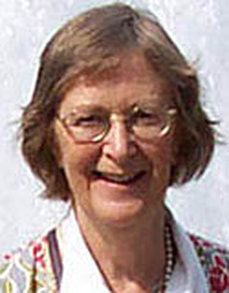 I was recently asked by a reporter about the mentors who helped me along my scientific career. I've been blessed with many mentors over the years, but one always stands out in my memory: Dr. Celia Brosnan. She was my main thesis mentor during the doctoral program at the Albert Einstein College of Medicine. Dr. Brosnan's method of mentoring me was simply this: focus on your strengths. Once she identified that I was a strong writer, she gave me more writing assignments. Getting some wins early in scientific writing gave me the confidence to stay in the program and to gain the other skills that I needed to succeed in STEM. I have found the hard way that not every mentor will do this. With the letters 'PhD' freshly-minted after my name in 1991, I thought that I could go off and discover the cure for some disease. Multiple sclerosis or maybe Alzheimer's were on my list... But the microscopic approach that I was taking on this research as a laboratory scientist made me feel removed from the real world. It was hard for me to believe that by mixing potions in test tubes and looking at cells in a microscope would help people one day. One far, far away day, maybe.
My work was tedious (read -boring). But worse of all, it was lonely. There were days that I might spend 8 hours sitting in a darkroom looking through a microscope measuring tiny vesicles in endothelial cells extracted from rat brains. I was also the only minority faculty in the department, which made for an even lonelier work existence. |
This section will not be visible in live published website. Below are your current settings: Current Number Of Columns are = 1 Expand Posts Area = 1 Gap/Space Between Posts = 8px Blog Post Style = card Use of custom card colors instead of default colors = 1 Blog Post Card Background Color = current color Blog Post Card Shadow Color = current color Blog Post Card Border Color = current color Publish the website and visit your blog page to see the results AuthorDr. Luz Claudio is an environmental health scientist, mother and consultant, originally from Puerto Rico. She is a tenured professor of environmental medicine and public health. Luz recently published her first book: How to Write and Publish a Scientific Paper: The Step-by-Step Guide. Dr. Claudio has internship programs and resources for young scientists. Opinions expressed in this blog are solely her own and may not reflect her employer's views. Categories
All
|
|
Dr. Luz Claudio
[email protected] |
|
Opinions expressed in this website are solely Dr. Luz Claudio's own and may not reflect her employer's views. None of the information on this website should be taken as medical advice.
© COPYRIGHT 2018. ALL RIGHTS RESERVED.

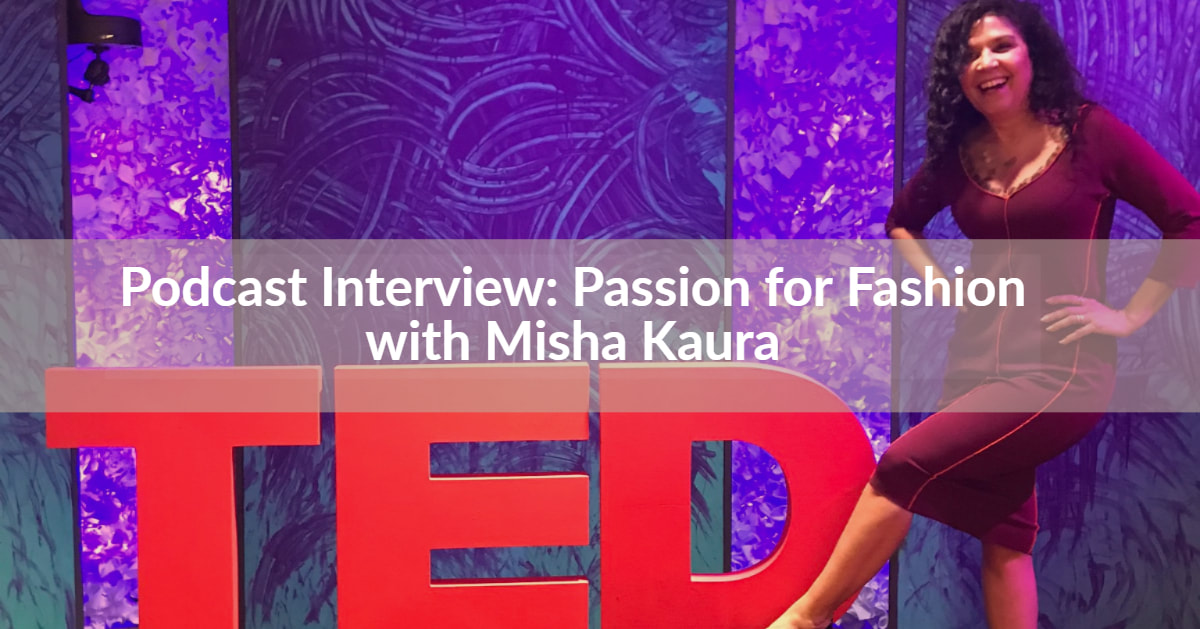
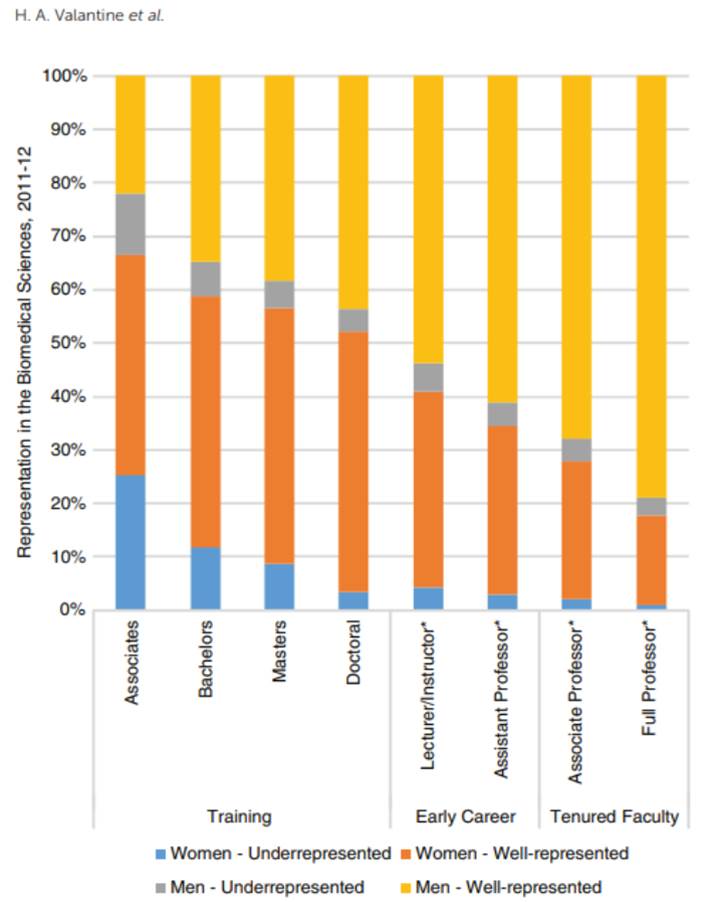
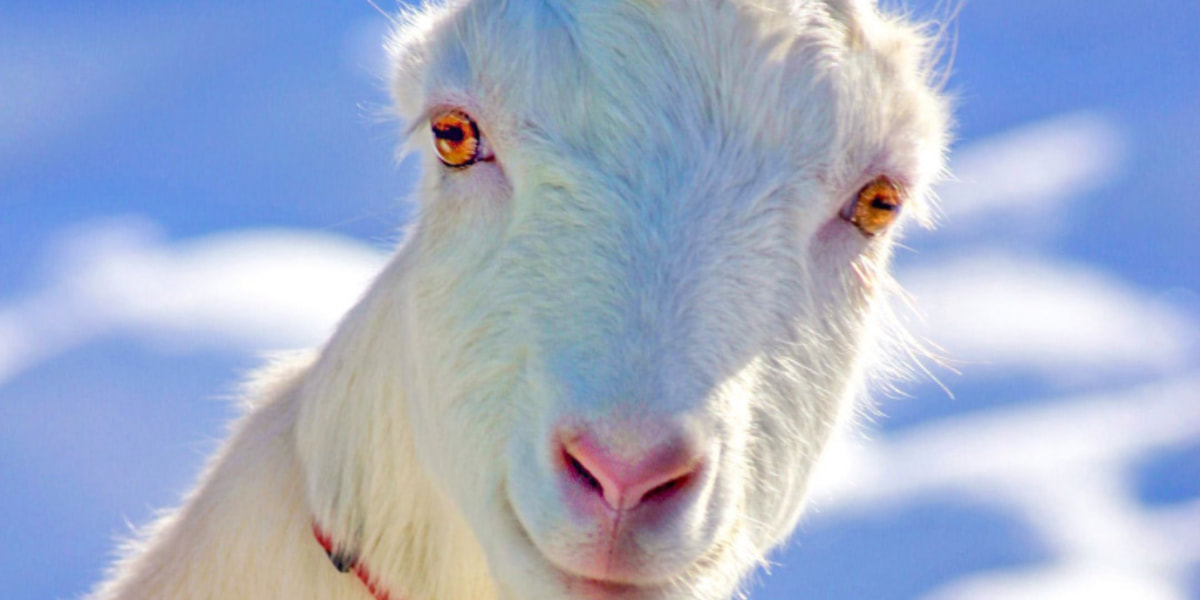
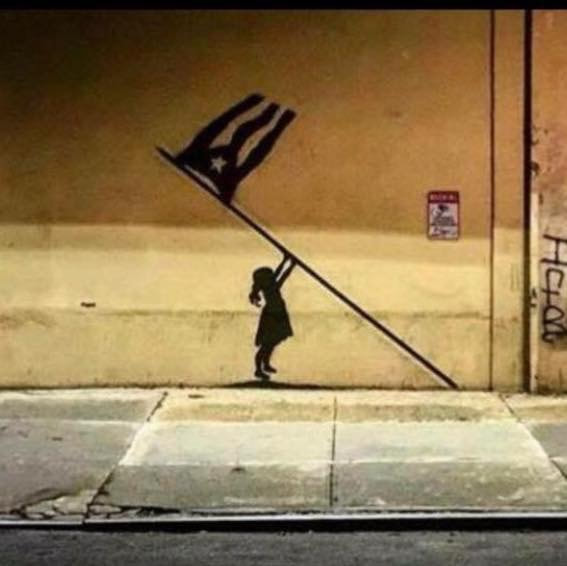
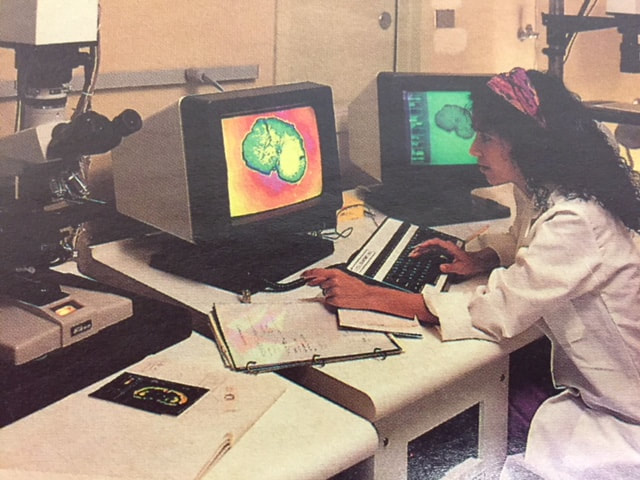
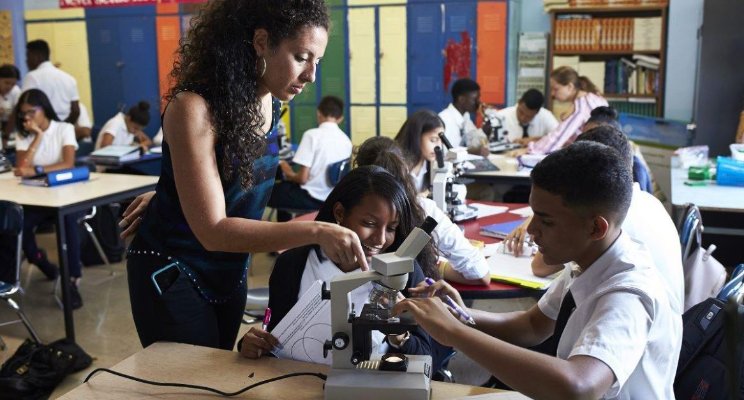
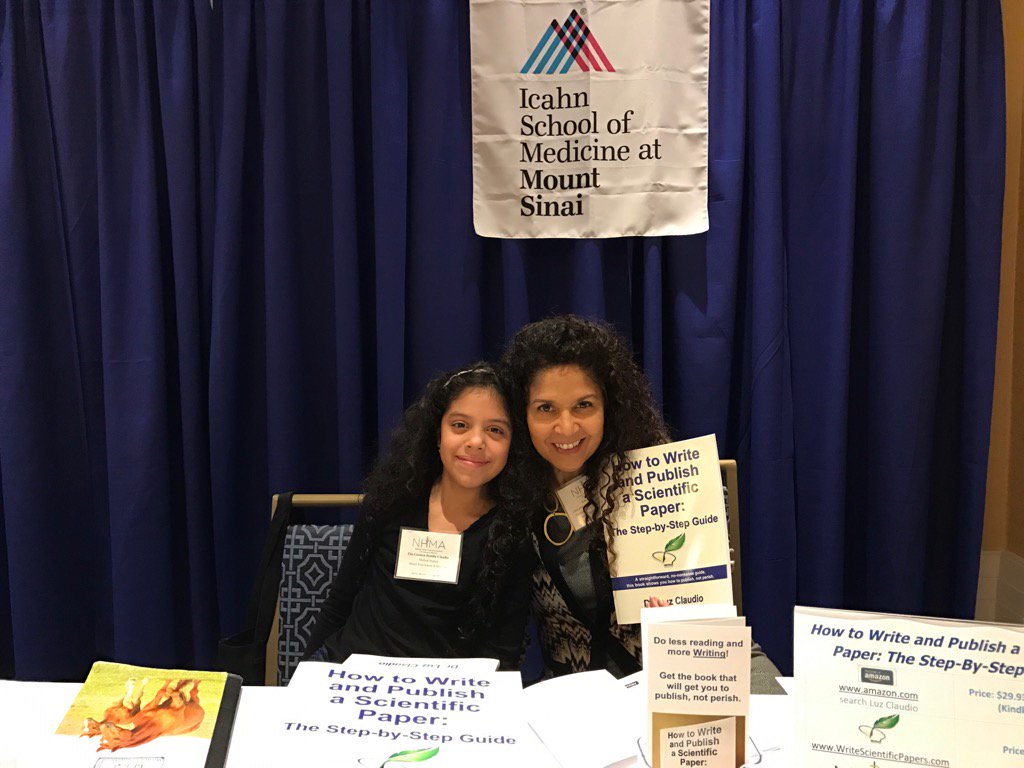
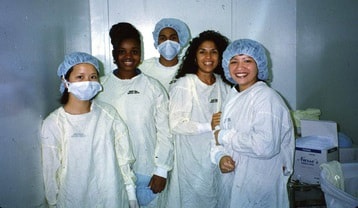
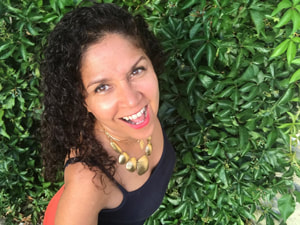
 RSS Feed
RSS Feed